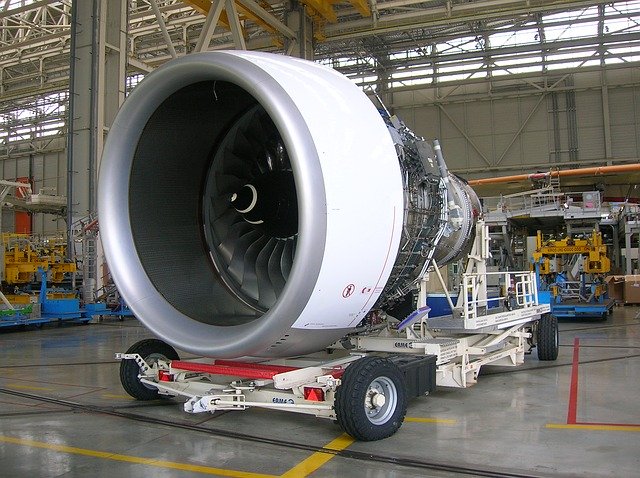
Rolls-Royce, Airbus and Shell to invest in sustainable aviation fuels (SAF)
Rolls-Royce, Airbus and Shell are calling for further ambition and collaboration across the aviation sector and with governments to enable the transition of long-haul aviation towards net zero ahead of the aviation goals set by the UN Race to Zero. As the technology enablers are being put in place, the focus must be on the infrastructure, investment and policy frameworks necessary to support the scaling up and use of vital sustainable aviation fuels (SAF). Under the UN’s Race to Zero goals the current ‘breakthrough’ required for the decarbonisation of aviation is to achieve a minimum of 10% SAF use by 2030 with the proportion not reaching 100% earlier than 2050. Rolls-Royce, Airbus and Shell are investing in the technology that could enable that to happen sooner:
Rolls-Royce today announces that by 2023 all its ‘Trent’ engines, used across a range of long-haul aircraft, will have been proven compatible with 100% SAF. That builds on its earlier commitment to test Trent models currently in production and means that within two years Rolls-Royce will have proven that net zero carbon operation is possible with about 40% of the world’s long-haul aircraft engines.
All Airbus aircraft are currently certified to operate on up to a 50% blend of SAF mixed with kerosene and Airbus has the ambition to achieve certification of 100% unblended SAF by the end of this decade.
By 2025, Shell alone has committed to produce 2 million tonnes of SAF per year. That is more than 10 times the total amount of SAF produced globally today. By the end of the decade, at least 10% of Shell’s global aviation fuel sales will be SAF. Shell is already building one of Europe’s biggest biofuels plants in the Netherlands, with production due to start in 2024.
New all-electric, hybrid-electric and hydrogen technologies will have a role to play in reducing the aviation industry’s use of fossil fuels over the medium to long-term.
For long-haul aviation, the challenge of decarbonisation is particularly difficult and SAF represents a clear pathway to net zero flight over longer distances. Aviation needs around 290 Mt1 of fuel a year, this is expected to grow as the sector continues to grow following the pandemic. Global SAF production will therefore have to increase significantly over the coming years to replace it. As a result, collaboration and a global enabling policy environment that matches the extent of the aviation industry’s technological ambitions are required to scale SAF production and significantly increase the pace of decarbonisation within the sector.
Information Source: Read More
Oilandgaspress.com | Energy, Climate, Renewable, Wind, Biomass, Sustainability, Oil Price, LPG, Solar

